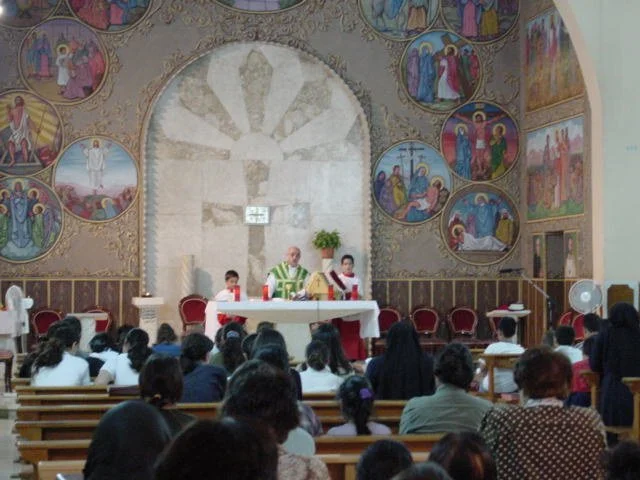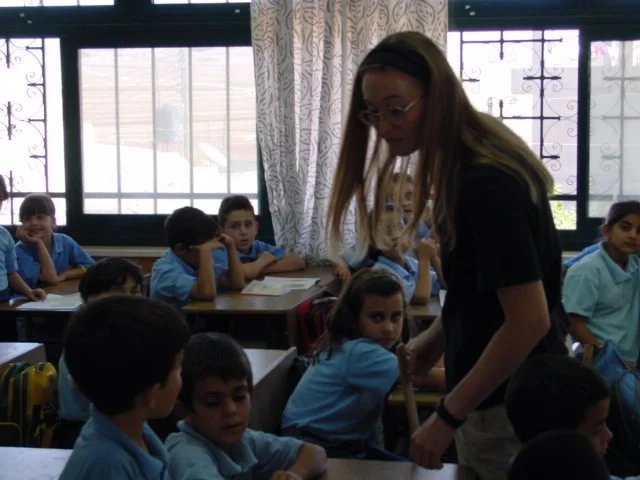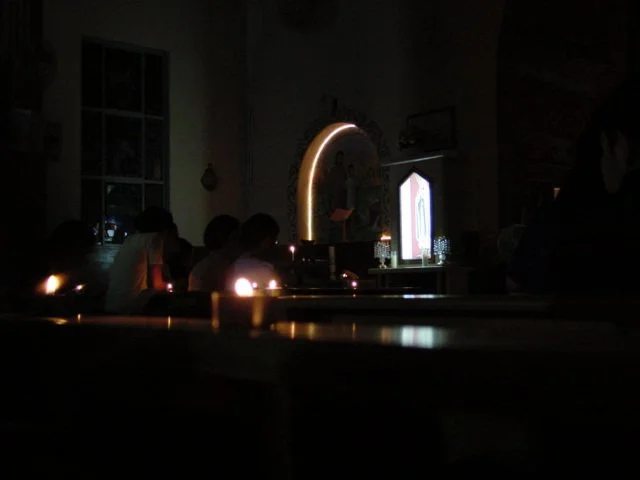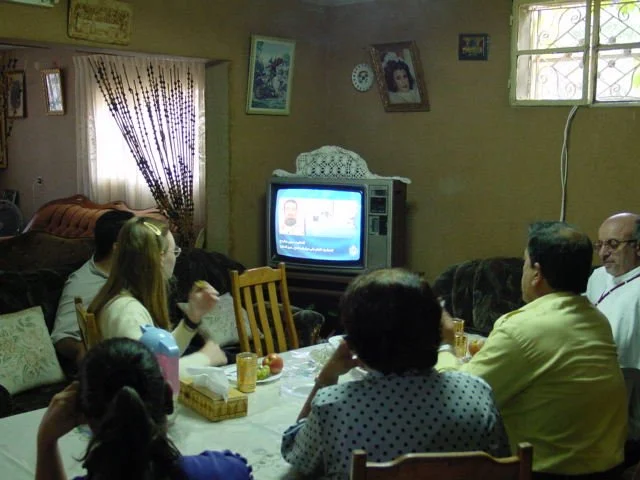October, 2000
Then we heard planes overhead - there's no regular flight path through the West Bank, only military planes.
We have made friends with one of the shepherds who was in college when the first Intifada closed schools.
We hear word of fuller West Bank closures, as the Israeli military has surrounded major population centers. These closures can prevent people and goods from moving from one town to another. We and people here are all aware that Zababdeh relies on transportation with other West Bank towns and Israel for all of its water, electricity (that is, petrol for the village generator), and much food.
The olive harvest continues, of course, and will likely do so in some way, shape, or form for another couple of weeks.
Most families here rely on the harvest to either make ends meet or to supply their entire oil for the year - which means that the town basically shuts down - this includes the school for today.
Ironic that we're picking olives, the symbol of peace, as both sides have accused the other of a "Declaration of War."
There is too much water under the bridge at this point to start such a program with high school students - it is too difficult to simply forget and move on.
Day one of our foray into the olive harvest! We left early in the morning with one of the families of the village to attend to their thirty or so trees up on the hill.
There are an incredible number of people who have family in the States or in Europe - only half of the population of Zababdeh actually lives in Zababdeh!
We were treated to a traditional Palestinian meal of "ma'alube," chicken with almonds and rice, cooked by our new good friend whose son is a friend of ours in Chicago.
Following church today, the Catholics met up with the Orthodox for a protest demonstration through town.
t's clear that the impact of conflict has a number of civilian and institutional casualties - including education.
It was built on the site of an ancient grotto that dates back many, many centuries. They're not sure how old - there's a stone with either Greek or Roman letters carved into it (it's hard to tell because it's so weathered) that no one has been able to date to give some evidence of its age.
We did some Bible study before moving to the church for prayer and vigil. Peace is needed so badly here, and yet the people feel so abandoned by the rest of the world.
We joined in some music with our friend playing the ‘oud and his children singing, while Marthame flailed along on guitar.
The signs of protest and solidarity in town are limited to a parade through town and an occasional burning tire - the now-familiar signs of Palestinian protest.






















